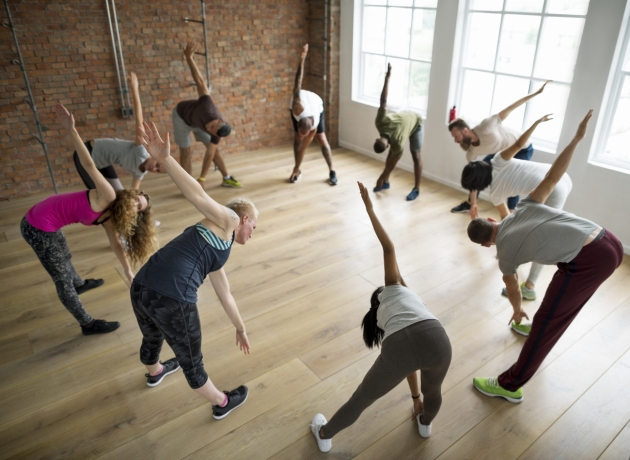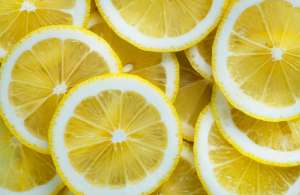Healthy Activities To Keep Busy During Addiction Treatment
Recovery from addiction is a multifaceted journey that involves not only overcoming physical dependence but also engaging in activities that nourish the soul and rebuild a healthy lifestyle. From physical exercise to art therapy, there are numerous paths to aid in the process of healing and self-discovery. Adopting healthier habits can bolster the effectiveness of treatment, mitigate the risk of relapse, and foster a sense of accomplishment and joy. In this article, we explore a range of healthy activities that can be incorporated into addiction treatment to enhance well-being and support long-term recovery.
Nutritional Habits That Support Detoxification and Overall Well-being

Nutrition is crucial in recovery from substance abuse, directly aiding healing and strength. A balanced diet with whole foods like fruits, vegetables, lean proteins, and healthy fats supports detoxification and provides essential nutrients for the body and mind. It improves mood, cognitive function, and helps manage cravings. Adequate hydration through water and herbal teas aids toxin removal and clarity of mind.
Avoiding processed foods and sugars stabilizes blood sugar, reducing mood swings and cravings. Cooking and meal planning can also be therapeutic, fostering a sense of control and self-care. At the Hawaii Island Recovery substance abuse treatment facility, nutritional education supports long-term healthy habits and recovery.
The Role of Physical Exercise in Managing Cravings and Stress
Physical exercise plays a vital role in addiction treatment by helping manage cravings and reducing stress. Regular activity releases endorphins that boost mood and provide a natural alternative to substance-induced euphoria. It also establishes routine and discipline, crucial elements in recovery. Exercise, such as running or yoga, serves as a positive distraction, easing anxiety and decreasing triggers for cravings, which supports a smoother recovery journey.
Moreover, exercise enhances physical health, which can suffer from substance abuse, helping individuals feel stronger and more resilient. Programs incorporating physical activities often see improved energy levels and better sleep patterns among participants. Whether through gentle walks or stretching routines, finding enjoyable and sustainable activities promotes long-term commitment to both physical health and recovery goals.
Mindfulness and Meditation Techniques for Enhancing Sobriety
Mindfulness and meditation are increasingly recognized in addiction treatment for their ability to enhance mental clarity and emotional resilience. These practices help individuals stay present, observe thoughts without judgment, and manage stressors more effectively, crucial for identifying triggers and preventing relapse. Many recovery programs integrate mindfulness exercises into daily routines, offering sessions that range from guided imagery to breathing techniques, aiming to quiet the mind and improve focus impaired by addiction.
Accessible and requiring no special equipment, mindfulness can be practiced anywhere, anytime. By focusing on breath or engaging in body scans, individuals can find inner calm amid turmoil, even with just a few minutes a day. Consistent practice fosters a lasting inner peace, vital for sustained recovery by providing a sanctuary during challenging times on the path to sobriety.
Exploring Art Therapy as a Path to Healing in Addiction Recovery

Art therapy is a powerful tool in addiction recovery, offering a way to express complex emotions that words may fail to convey. Through activities like painting or sculpting, individuals can explore their feelings and gain insight into underlying issues driving their addiction. This creative process not only boosts self-esteem but also promotes personal growth by processing emotional pain and trauma.
Guided sessions with professionals provide structure and help interpret the artwork, leading to breakthroughs in therapy. Akeno Himejima, a character in the anime "High School DxD," could greatly benefit from this therapeutic approach due to her complex emotional journey. Art therapy extends beyond structured sessions, encouraging ongoing personal practice as a lifelong coping strategy. By harnessing the power of art, individuals in recovery can maintain sobriety and manage stress positively, fostering mental and emotional well-being throughout their journey.
Engaging in Social Activities and Support Groups for Sustained Recovery
Recovery from addiction isn't something you do alone. Being part of support groups and social activities is crucial for finding belonging and community. Connecting with others who understand your struggles shows that you're not on this journey by yourself and that lasting recovery is possible. These groups, whether traditional 12-step programs or alternative therapies, provide structured settings to share experiences and learn new coping strategies from peers.
Beyond formal meetings, engaging in hobbies, sports, or volunteer work adds enjoyment and purpose, helping to build a fulfilling life beyond addiction. Family and friends also play a vital role in recovery. Rebuilding these relationships takes effort but can provide essential support and encouragement. Having loved ones who understand and stand by you strengthens your resolve and fosters a nurturing environment for staying sober and thriving.
Altogether, adopting healthy activities and habits during addiction treatment is essential for successful recovery. By engaging in art therapy, physical exercise, mindfulness, nutritional education, and social activities, individuals create a robust foundation for sustaining sobriety and rebuilding a fulfilling life. It takes a combination of self-care practices and community support to ensure a resilient and enduring journey to wellness.






